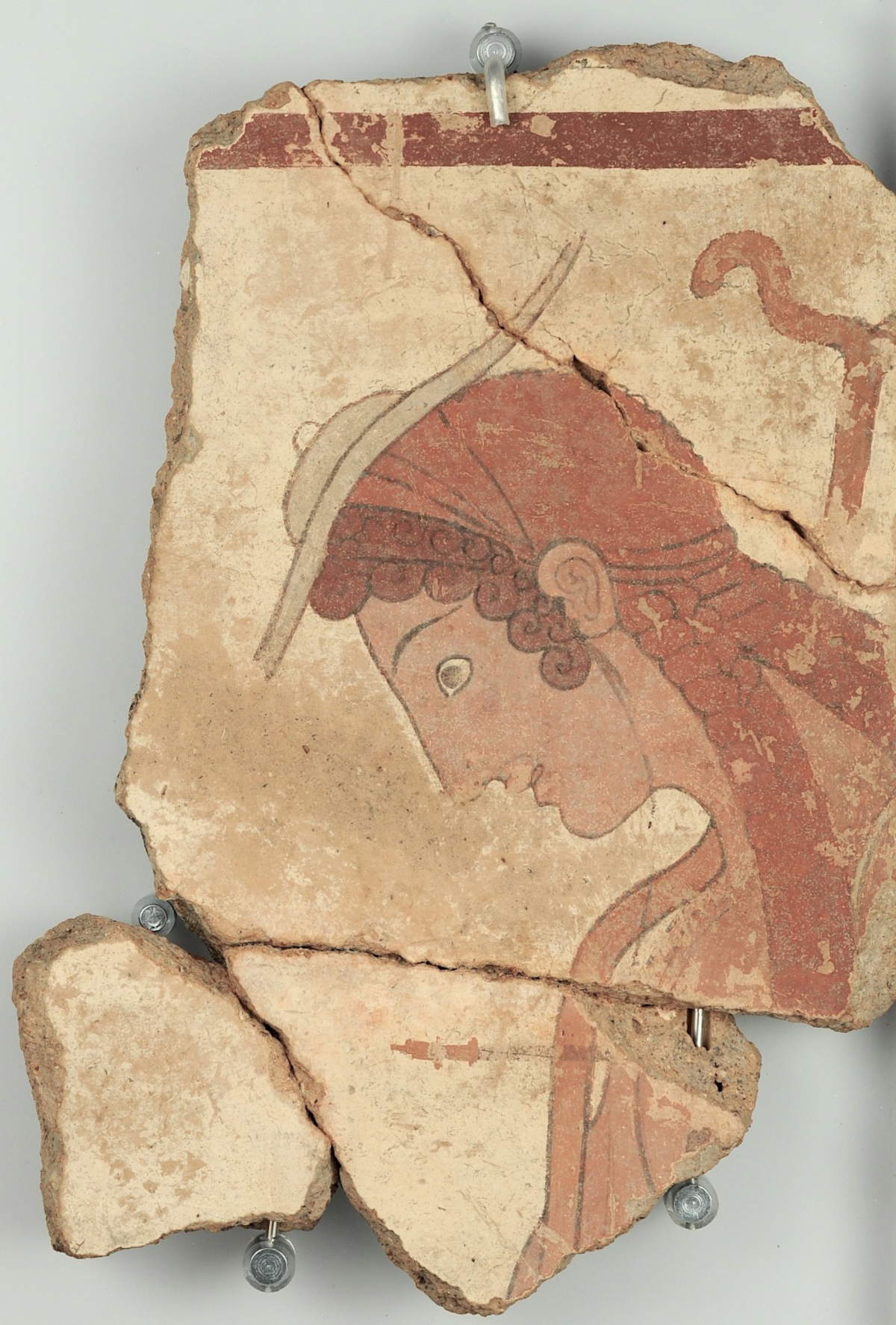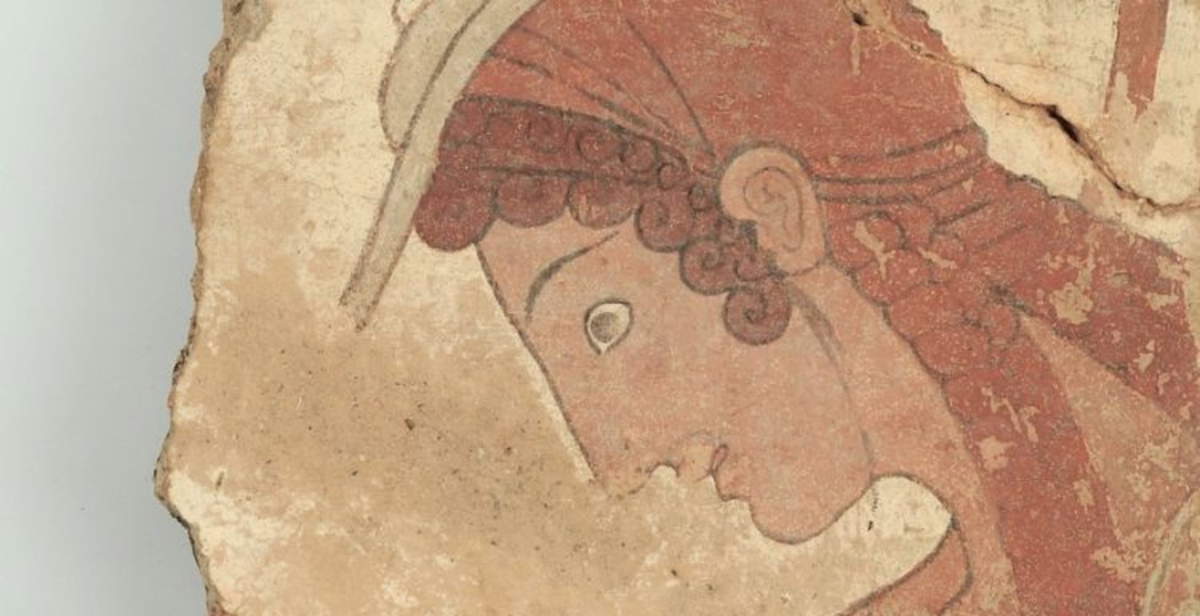The Etruscan civilization, which has always been an object of interest because of the depth of its culture and the fascination of its mysteries, will be the focus of a new series of meetings organized by the Uffizi Galleries and theNational Institute of Etruscan and Italic Studies, with the collaboration of the Region of Tuscany. The series, consisting of fifteen appointments, will be held every Wednesday at 5 p.m., from June 11 to October 8, at thePaolucci Auditorium of the Gallery of Statues and Paintings, with free admission for the public. The initiative is part of a renewed focus on studies of Etruscan civilization, which in recent decades has benefited from numerous archaeological discoveries and a significant advance in scientific research. The speakers will be academics, archaeologists and specialists among the most authoritative in the national arena, with the aim of sharing with the public an updated and organic picture of the most recent acquisitions in the field.
The lectures will cover the main themes of Etruscan history and archaeology, starting with the debated question of origins. The series will provide an articulated itinerary ranging from language to political structure, from religious practices to the figurative arts, to relations with other peoples and progressive assimilation by Rome. The program will open on June 11 with a talk by Giuseppe Sassatelli, president of the National Institute of Etruscan and Italic Studies, who will address the topic of stereotypes and historical realities related to the Etruscans. On June 18, it will be the turn of Enrico Benelli (University of Rome III) with an update on the state of linguistic studies, a field traditionally considered difficult but now enriched by new texts and interpretations. On June 25, Simonetta Stopponi (University of Perugia) will analyze Etruscan housing structures and palaces, followed on July 2 by AlessandroNaso (University of Naples Federico II), who will focus his talk on funerary architecture. The series will continue on July 9 with Daniele Federico Maras, director of the National Archaeological Museum in Florence, who will address the political structure of Etruscan cities and magistracies. Maras will also speak on July 16 with a lecture devoted to painting, analyzing new documents and recent interpretations.
On July 23 Laura Michetti (University of Rome La Sapienza) will talk about Etruscan religion, focusing on sanctuaries, deities and cults, while on July 30 Stefano Bruni (University of Ferrara) will discuss artistic production, addressing local workshops and foreign artisans active in Etruria. On August 6, Vincenzo Bellelli, director of the Cerveteri and Tarquinia Archaeological Park, will return to the topic of Etruscan origins, highlighting the latest theories and data from recent excavations. After the summer break, the meetings will resume on Sept. 3 with Maurizio Sannibale (Vatican Museums), who will talk about the relationship between the Etruscans and the eastern Mediterranean. On Sept. 10, Maurizio Harari (University of Pavia) will examine the contacts and mutual influences between the Etruscans and Greeks, while on Sept. 17 Luca Cerchiai (University of Salerno) will illustrate the Etruscan presence in Campania, with a focus on the site of Pompeii. On Sept. 24, Gianluca Tagliamonte (University of Lecce) will delve into the relations between the Etruscans and other Italic peoples, while on Oct. 1 Elisabetta Govi (University of Bologna) will discuss Etruscan expansion in the Po Valley, an area formerly considered marginal and now reevaluated thanks to new archaeological data. The review will close on Oct. 8 with Jacopo Tabolli (University for Foreigners of Perugia), who will address the theme of the end of Etruscan civilization.
The initiative takes on symbolic value by virtue of the 40th anniversary of theYear of the Etruscans, promoted in 1985 by the Region of Tuscany with the involvement of universities, museums and superintendencies. On that occasion, exhibitions held in cities such as Florence, Arezzo, Siena, Volterra, Orbetello, Cortona and Perugia helped revive public interest in Etruscan civilization by presenting important monuments and materials. Much of the research initiated at that time has found further confirmation and development over the years. For the Uffizi Galleries, the review is part of a broader cultural strategy that aims at the enhancement of ancient history and the dissemination of ongoing research. Free admission to the meetings reflects the desire to make specialized content accessible also to a nonacademic public, in the wake of a participatory museology that considers knowledge a common good.

 |
| Etruscan civilization returns to the Uffizi with 15 free talks from June to October |
Warning: the translation into English of the original Italian article was created using automatic tools. We undertake to review all articles, but we do not guarantee the total absence of inaccuracies in the translation due to the program. You can find the original by clicking on the ITA button. If you find any mistake,please contact us.